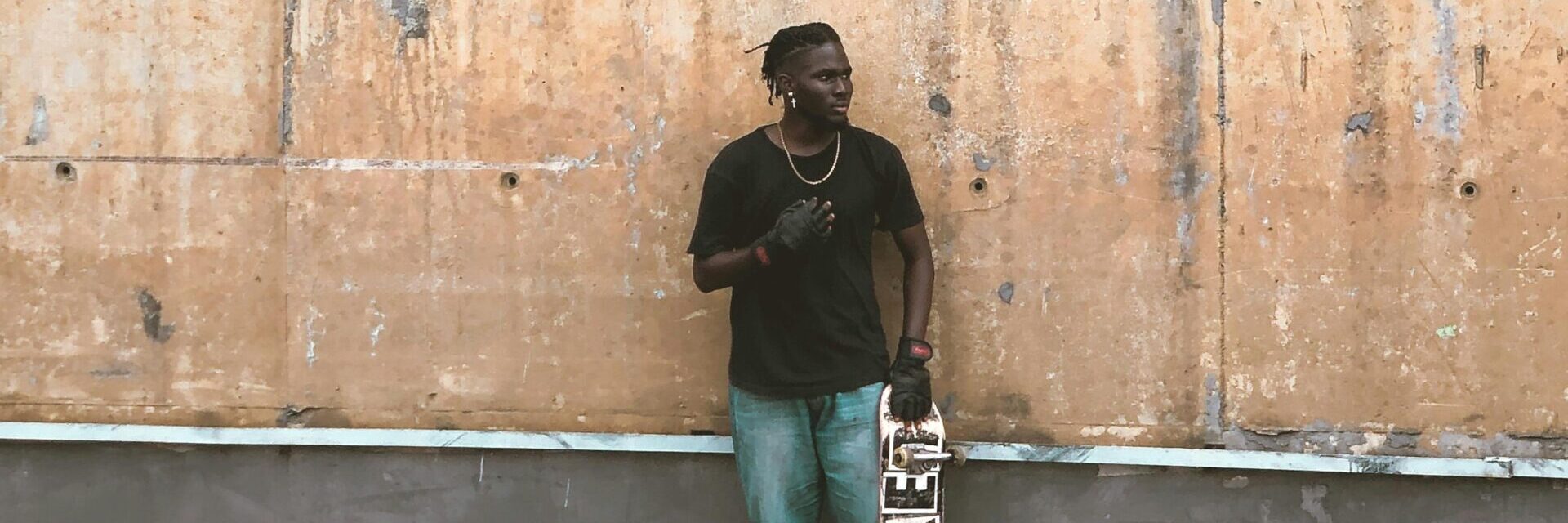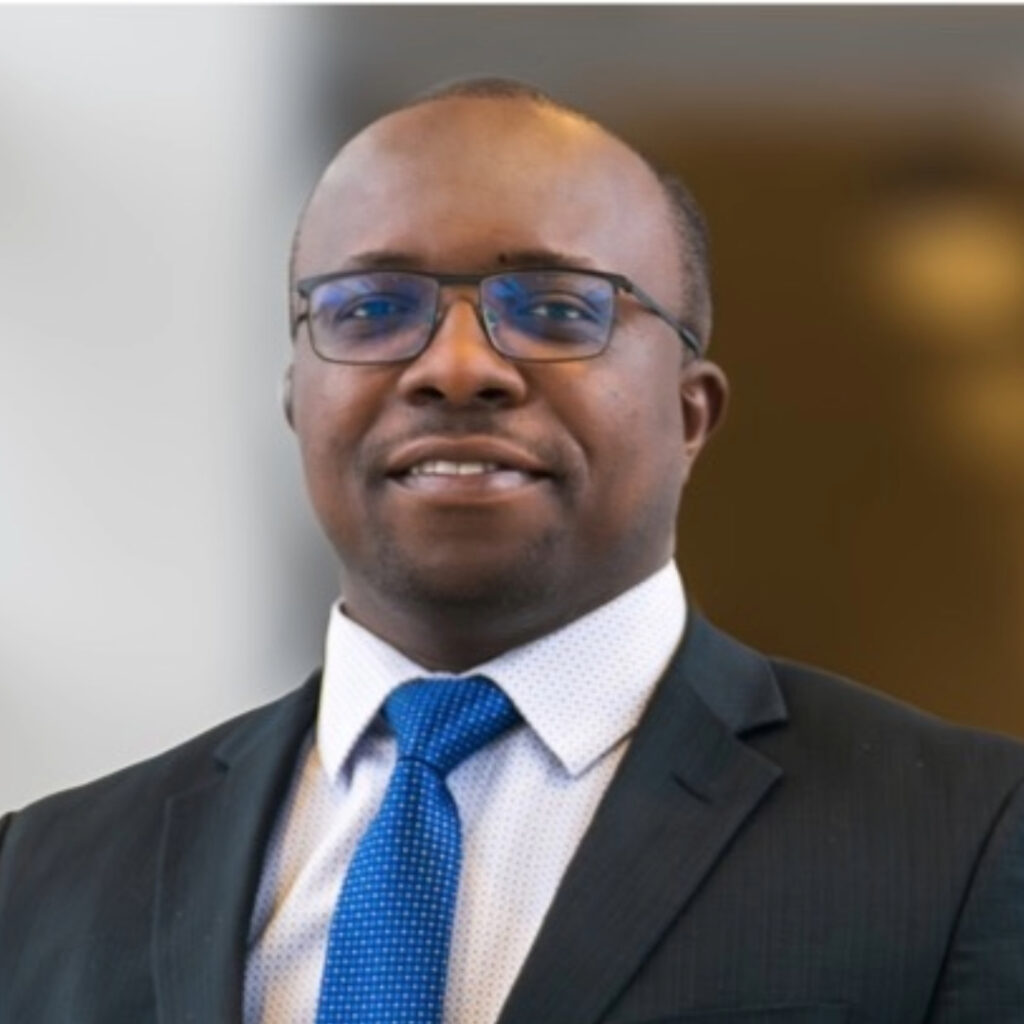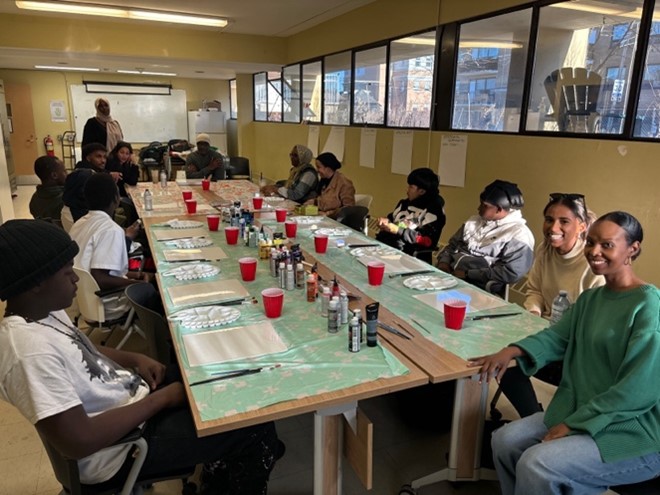
When he was asked to explain his anxiety around police, one Black youth in the Toronto area said even the sight of a cruiser in his neighbourhood triggers fear the officers are coming for him.
“I'm like, ‘Is this for me?’ ‘Is this for anybody I know?’” he told a York University researcher’s focus group on how encounters with criminal justice and child welfare systems affect his mental health and well-being.
“You know, it's always on my mind, in my head. The police don't ever come for anyone else but me and my friends, right? That's how I see it.”

School of Global Health Professor Godfred Boateng, director of the Global & Environmental Health Lab and a Canada Research Chair in Global Health and Humanitarianism, is leading a project to help connect Black youth and their families in Canada with tools to help them cope with anxiety resulting from experiences with the justice system.
“The goal is to ensure that Black youth who have challenges with anxiety or depression, or some other mental health issue, can reach out to these organizations and seek help at any point in time,” Boateng says.
Research conducted in 2021 by Justice Canada and the Federal Anti-Racism Secretariat found that over-policing in schools and in Black communities – particularly in economically marginalized neighbourhoods – as well as police reliance on child welfare agencies, have increased the number of encounters Black youth have with the criminal justice system. Of all youths taken into custody, 19 per cent were Black males and 11 per cent were Black females.
Boateng says there is anxiety for Black youth around criminal justice even if they haven’t encountered it directly.
Vicarious trauma can result when people around you are exposed to negative experiences. Those indirect encounters can evoke a sense of insecurity among entire neighbourhoods, resulting in conflicts and strained relations in the community, Boateng says.

Community beliefs can be passed down through generations. “Repeated exposures can re-enact and affirm stereotypes that maybe the police are biased against Black communities and Blacks, which culminates in fear, anxiety and hesitation about the police.”
Boateng has created an online resource, www.blackanxiety.ca, that directs Black youth and their families to a series of community supports. Across Boundaries, for example, offers a range of holistic mental health and addiction services for racialized communities as well as a free psychotherapy program. The Black Legal Action Centre offers legal services at no charge.
There are also seminars on healthy responses to anxiety and information sessions on why stigmas exist. Educational campaigns promote restorative justice over punishment, and help Black youth understand what it means to be party to an offense or accessory to a crime.
“Our main goal is to reduce the number of Black youth who have negative encounters with the criminal justice system, to help them have an understanding of what crime is, and maybe reach a sense that the police are here to protect,” Boateng says.
He is also a beacon for hope. He partners with community groups to ensure Black youth are aware of the opportunities that exist for them in their own neighbourhoods – paths toward a positive future.
Boateng believes that given the right environment, everyone has the capacity to succeed.
“That’s what really drives me,” he says. “It’s a quest to bridge the inequality gap that currently exists and what better way to do it than to empower those who are more vulnerable in our society. You do it by addressing one problem at a time.”
